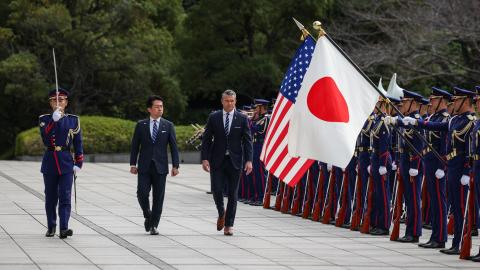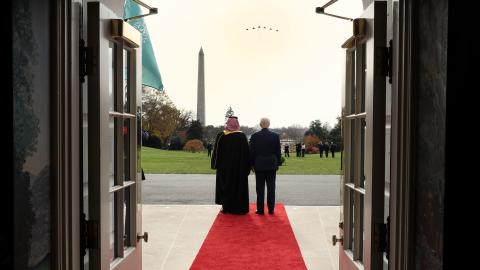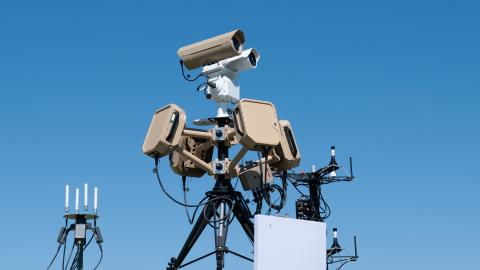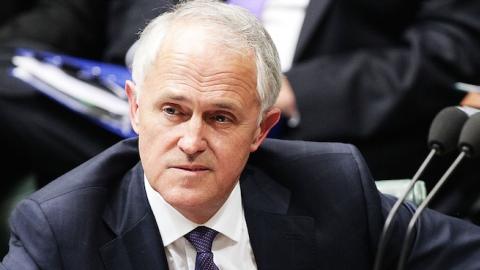The successful challenge by Malcolm Turnbull on Monday to displace Tony Abbott as leader of the Liberal Party means Australia will have changed prime ministers four times in five years. Mr. Turnbull entered politics a little more than a decade ago and held ministerial responsibilities under previous conservative governments dealing primarily with domestic matters. This leaves questions about Mr. Turnbull’s foreign policy.
The reality is that Mr. Turnbull will be focused on attaining legitimacy by winning the endorsement of the people. This means an emphasis on domestic economic reform, rather than on foreign policy, to build a platform for electoral success in next September’s election. But Mr. Turnbull is likely to alter the Australian framing of issues critical to the region, including at gatherings such as the East Asia Summit and G-20 meetings, even if basic strategic and security-policy settings remain the same as they were under Mr. Abbott.
The key to understanding how Mr. Turnbull thinks about the world is to consider how he made his name and fortune. A co-founder of an investment-banking firm in the 1980s, Mr. Turnbull invested in OzEmail, one of the early providers of dial-up Internet services to Australian homes and the first Australian technology company to list on the Nasdaq. He later became the chairman of OzEmail as well as managing partner of the Australian arm of Goldman Sachs before entering Parliament.
This entrepreneurial and commercial background has allowed Mr. Turnbull to argue that he is better placed than any other Liberal or Labor Party leader to see Australia through challenging economic times and to seize new opportunities as the China-led resources boom ends. This was an important reason why colleagues critical of Mr. Abbott’s incapacity to promote economic reform shifted to Mr. Turnbull.
Mr. Abbott did have economic achievements and will be justifiably proud of free-trade agreements with China, Japan and South Korea that were concluded on his watch. When it came to national security, the former leader focused on meeting potential strategic challenges to Australian and regional interests. His positive and muscular legacy includes policies to deepen Australia’s alliance with the U.S. and to forge new security relationships with countries like Japan and India.
Mr. Turnbull, by contrast, will emphasize existing strategic rivalries and challenges but also changes that will make or break the region economically. This is clear from his many speeches and public discussions, including on national security.
Take the challenges facing Australia and Asia. Mr. Turnbull is at his most eloquent explaining disruptive factors that could leave the region economically vulnerable and exposed. One is the aging of the populations of countries such as China, Singapore, South Korea, Thailand and Vietnam. Another is new technologies, such as automation and 3-D printing, that will revive manufacturing in advanced and innovative economies and potentially harm the low-cost manufacturing ambitions of developing countries.
As the then-communications minister reminded a Melbourne business audience in June, “Economic life was much the same for each successive generation” until recently. In the face of unprecedented technological and demographic changes, challenges and openings will arise, reshuffling Asia’s winners and losers. Ensuring Australia is positioned to join the winners is at the forefront of Mr. Turnbull’s mind.
Then there are his concerns on China. Rather than emphasizing the military power and potential menace of the People’s Liberation Army, Mr. Turnbull sees an economy stagnating from incomplete reform as a nightmare for the Communist Party and the region. He sees a struggling and frustrated China as far more dangerous than a prosperous and proud one.
None of this means that Mr. Turnbull will ignore the value of freedom and liberalization. But rather than lecturing Beijing on the perils of its increased regional assertiveness or urging political reform, the new Australian leader is more likely to urge the Communist Party to resist intervening in the economy and wind back its state-owned enterprises in favor of lifting up the private sector. In the same light, the widespread cybertheft of intellectual property may be higher on Mr. Turnbull’s agenda than, say, the PLA’s double-digit annual spending growth.
With many regional governments depending on continued prosperity for domestic legitimacy and stability, Mr. Turnbull’s focus on the economic challenges and opportunities for Australia and Asia will be welcomed by many countries. But some capitals will be nervous. Tokyo will be wondering whether the close relationship forged between Mr. Abbott and Prime Minister Shinzo Abe will continue. Washington will hope that Mr. Abbott’s robust support for the U.S. in its fight against the Islamic State can endure.
The Australian national-security community will also hope that Mr. Turnbull accepts regional stability as largely dependent on military power and deterrence, while U.S.-centric alliances and partnerships have never been more important vis-à-vis a nuclear-armed North Korea or China’s re-emergence. If the new prime minister can address these concerns in addition to bringing an economic dimension to national security, then Australian foreign policy and standing are in strong hands.

















